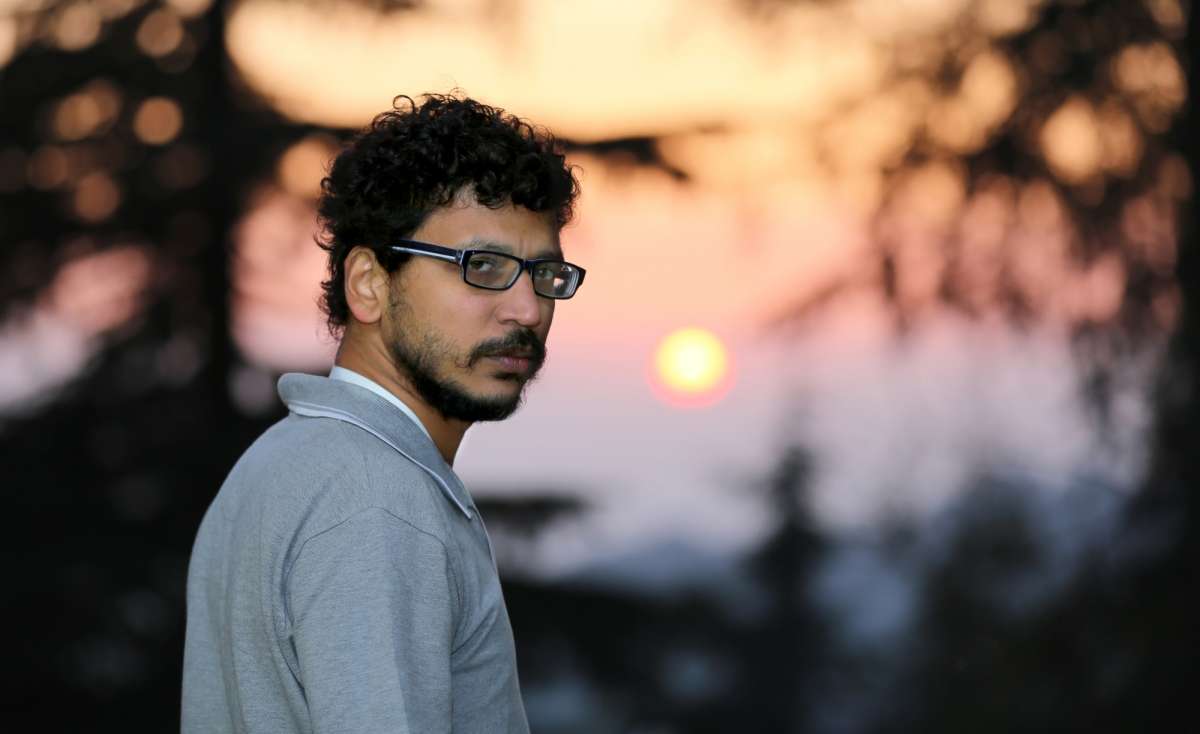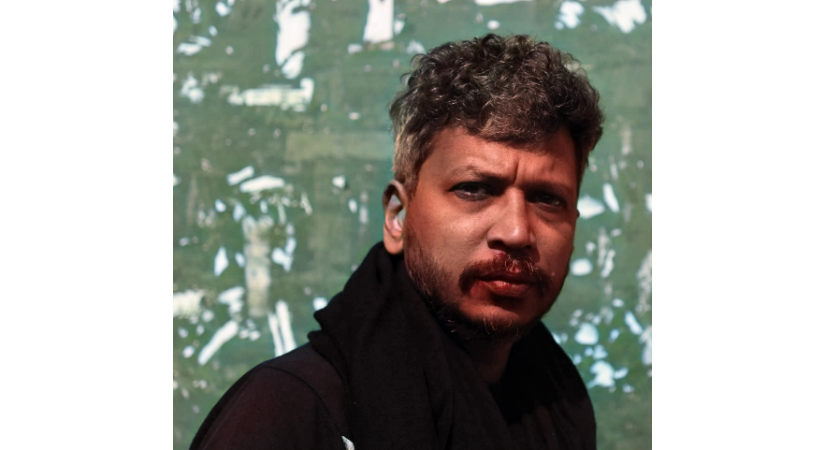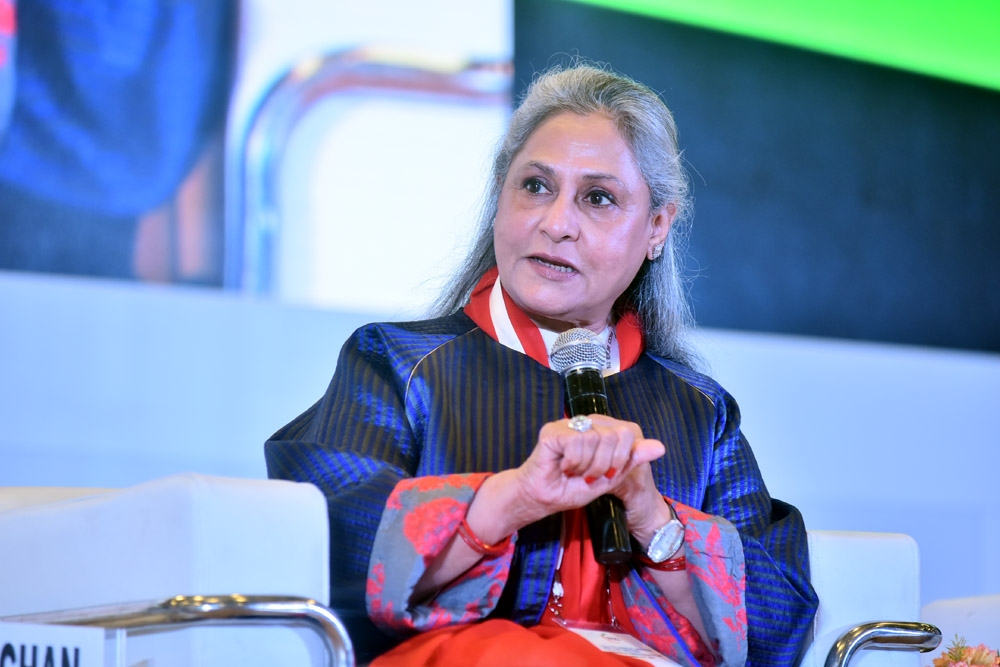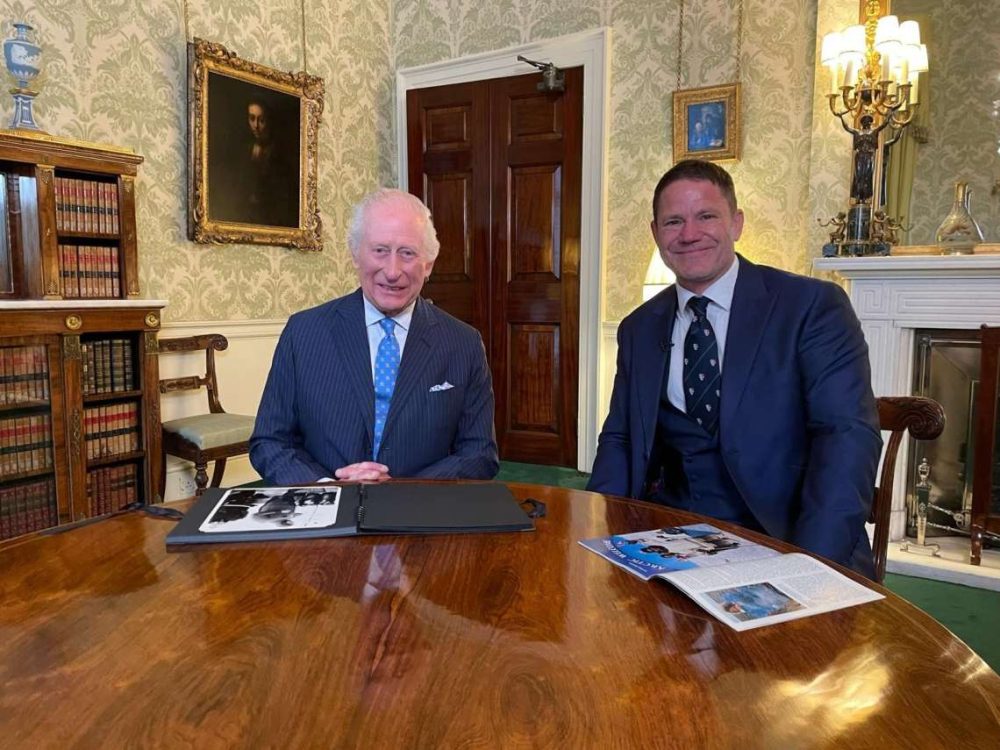“The fact that one does not know what the seemingly harmless stranger walking towards you in a crowd is capable of can be really disturbing,” this writer and director of the docu-series tells…writes Sukant Deepak
During a night patrol with the cops in Nagpur, he was told about a person they recently arrested. Someone who had bought a new knife. To ‘test’ that it worked fine, he stabbed a stranger. Not really satisfied with its performance, he stabbed another one.
National Award-winning filmmaker Umesh Kulkarni, whose docu-series ‘Murder in a Courtroom’, being streamed on Netflix as part of ‘Indian Predator’ recalls the incident and admits that scary is the violence a man on the street is capable of.
“The fact that one does not know what the seemingly harmless stranger walking towards you in a crowd is capable of can be really disturbing,” this writer and director of the docu-series tells.
Kulkarni, who attended the recently concluded Dharamshala International Film Festival, back in its physical avatar after two years, says that for a long time he had been wanting to work on the Akku Yadav case. In 2004, a group of around 200 women hailing from Nagpur’s Kasturba Nagar, the place which Yadav had terrorised for many years, stormed into the public courtroom and lynched him to death.
The director, who researched for six months before starting the project recalls that for many years he had wanted to explore this incident.
“Finally, I decided to take the plunge and went to Nagpur. We met a lot of women from Kasturba Nagar. Of course, it was difficult to approach them, but the real challenge was in making them trust us. We were accompanied by an excellent research team from ‘Vice’ and shot multiple interviews. There were so many layers to what had happened on that day in 2004.”
There is violence in the house, and on the streets — the director says he wanted to unearth what is life like in a fringed society.
“So many people exist in one person. Who are we really? When it comes to the system, there are so many loopholes — we are still following so many laws and regulations drafted by the British for us. Is it not absurd?”
Talking about his first outing with OTT, this alumnus of the Film and Television Institute of India, Pune, who has made critically acclaimed films in Marathi like ‘Valu’ (‘The Bull’), ‘Vihir’ (‘The Well’), ‘Deool’ (‘The Temple’) and ‘Highway’ admits that he is essentially a film person.
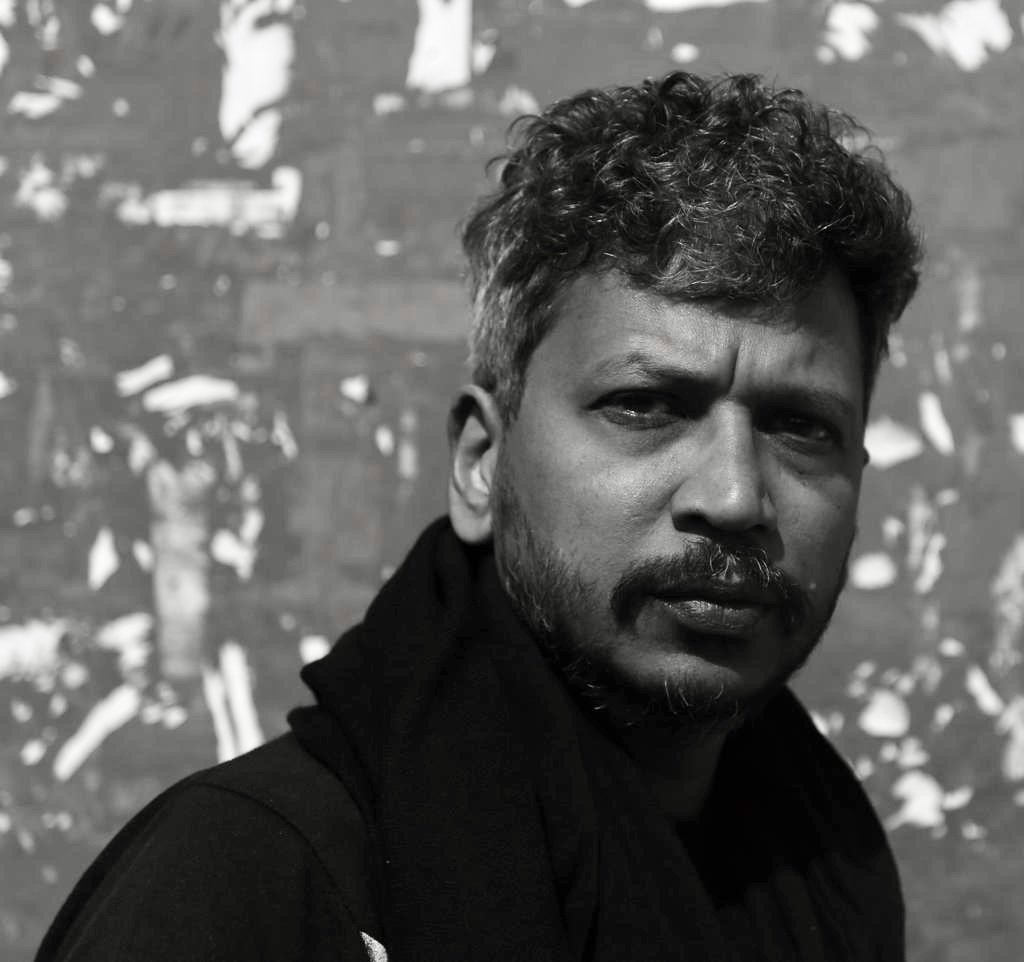
“This was a short so it was like a feature-length — and just three episodes. Docuseries can be very challenging, and I wanted the experience of dealing with them. Also, Netflix and Vice were very supportive — no interference of any sort.”
He feels this medium (OTT) has its own strength and one can explore much in it.
“But yes, we need to understand the format better. Everything should not look like a series. The challenge is to create something which has its own power, and I want to explore that.”
Stressing that he would call it a ‘film’, Kulkarni adds, “Let us stop putting things in binaries and look at the possibilities of intermingling. We are living in times when different art forms are collaborating. Frankly, we have shot the interviews like fiction, and fiction like a documentary. Everything has come together to create a new form,” concludes the director, who is currently finishing writing a new Marathi film.
ALSO READ-Neeraj becomes Switzerland Tourism’s Friendship Ambassador


